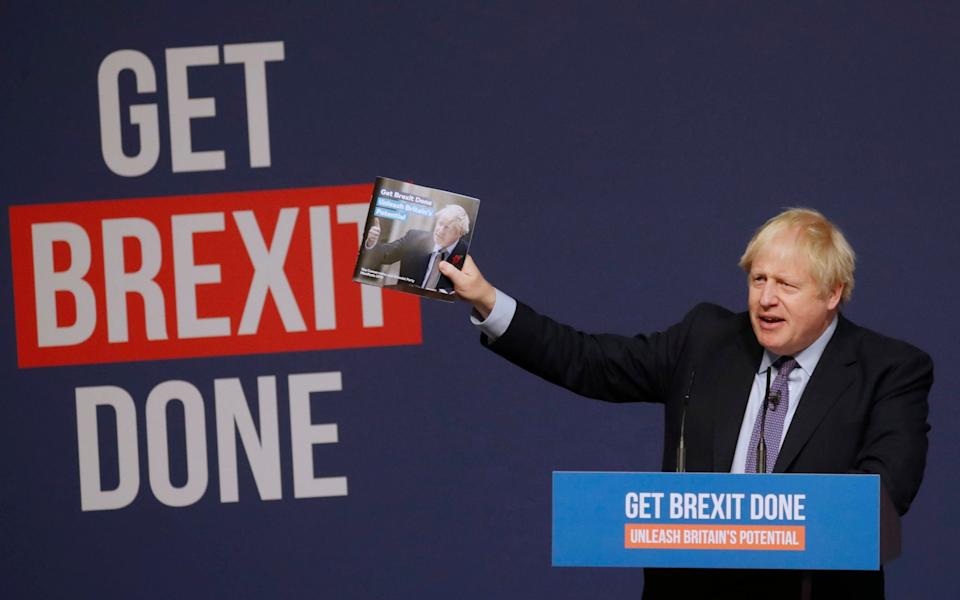Boris Johnson’s successor could give Brussels a bigger Brexit headache

Boris Johnson’s resignation will not mean a “reset” in relations with the EU, as his possible successors could cause the bloc an even bigger headache.
The Prime Minister actually backed a softer line in the recent battles with Brussels than some of his more hostile Cabinet members who are now tipped to take over.
Mr Johnson is certainly unpopular in Brussels, where he is seen as a populist responsible for Brexit.
It is a view shared in some EU capitals, such as Paris and Berlin, where leaders are enraged by British threats to tear up the Northern Ireland Protocol.
Legislation to override the Brexit treaty that created the Irish Sea border has brought accusations the UK plans to break international law as well as threats of a trade war.
Micheal Martin, the Irish Taoiseach, wasted no time in calling for a fresh start with London after Mr Johnson announced he would be leaving Number 10 Downing Street on Thursday.
Relations have certainly been bumpy during Mr Johnson’s time of office with rows over Brexit, fishing licences, sausages and coronavirus vaccines – but his relationship with Europe is complicated.

“Look, I’m rather pro-European, actually,” he said in 1997. “I certainly want a European community where one can go and scoff croissants, drink delicious coffee, learn foreign languages and generally make love to foreign women.”
He even attended the same European school as Ursula von der Leyen, now the European Commission president, when his father Stanley was a eurocrat in Brussels.
The Prime Minister admitted to “veering all over the place like a shopping trolley” over whether to back Leave or Remain in the 2016 referendum campaign.
There is some schadenfreude in EU circles over Mr Johnson’s downfall, but Brussels is keeping the champagne on ice.
Diplomats and officials are well aware that it was not the plans to renege on the Protocol that toppled the Prime Minister, but his handling of the Chris Pincher affair and partygate. Meanwhile, the Protocol Bill will continue its slow process towards becoming law.
Dublin and Brussels do not want Liz Truss, who is eternally under pressure to prove her Brexiteer credentials after campaigning for Remain in 2016, to succeed Mr Johnson.

The Foreign Secretary’s fingerprints are all over the Protocol Bill, which she forced through despite Mr Johnson wanting to be more conciliatory.
Brexiteer Rishi Sunak repeatedly vetoed any move to trigger Article 16 of the Protocol for fear of an economically damaging trade war with the EU, but that eventually led to the Bill.
Sajid Javid was a Remainer, but is fully reconciled with Brexit, while eurosceptic Suella Braverman will be expected to take a confrontational line.
It is hard to see whoever replaces Mr Johnson risking the wrath of the Tory party membership, Brexiteer backbenchers and their Democratic Unionist Party friends by abandoning the trench he has dug over the Protocol.
So far, only Labour is offering the kind of Protocol negotiations that the EU is willing to engage with, but the chances of a general election soon are remote.
Brussels and Dublin fear the exit of Mr Brexit has left the field open for an even more confrontational prime minister.
Europe’s leaders may end up reflecting they were better off with the devil they knew than the devil they did not.

 Yahoo Sports
Yahoo Sports 